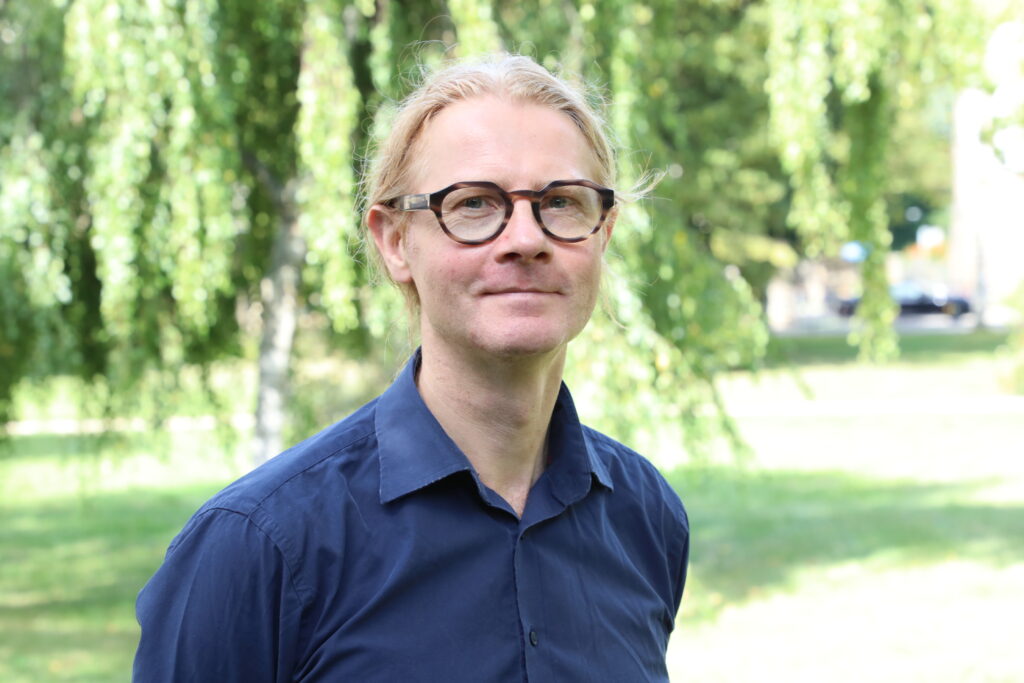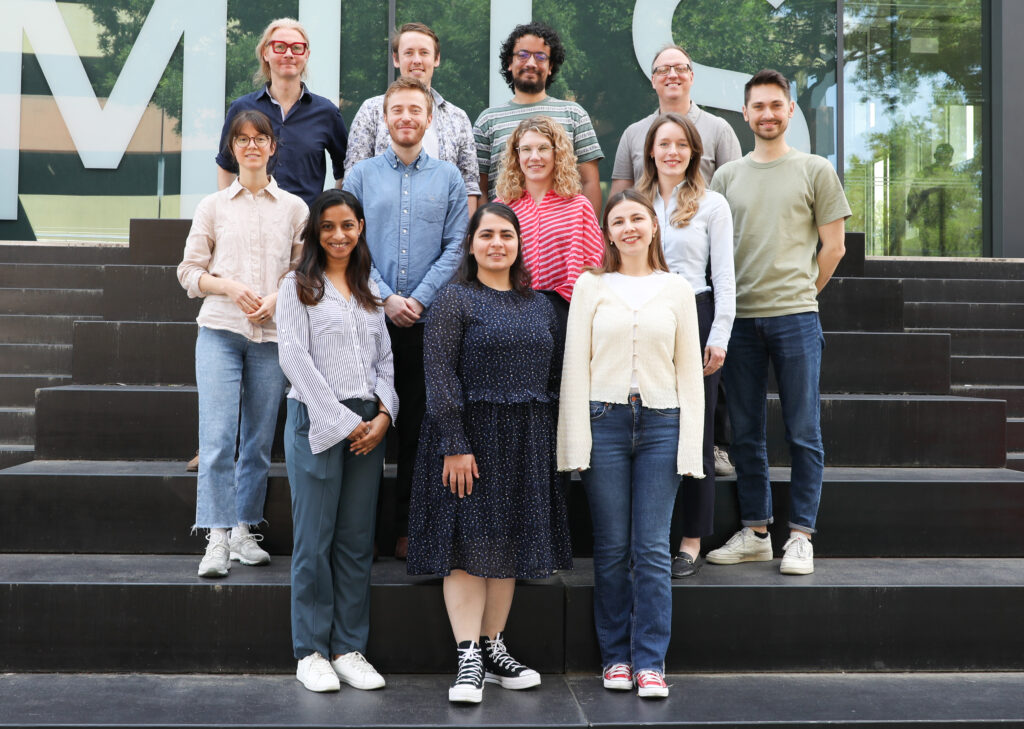Our aim is to rethink the regulation of medical devices. Tomorrow’s innovative healthcare solutions require innovative regulatory approaches.
The innovation cycle from an initial idea to the approved medical device is taking increasingly longer, due to more complex systems on the one hand and more demanding approval processes on the other. Medical devices must meet a large number of legal requirements for approval and use. These regulatory requirements form the legal framework and are intended to ensure the safety, performance and effectiveness of a medical device.
Many of the latest innovations in medical technology are based on artificial intelligence or rely on algorithms that can change within months, weeks or days. Especially for these AI-based medical devices, the regulatory framework is too rigid. To keep pace with technological developments, approaches to medical device certification must also become more innovative.
Prof. Stephen Gilbert

Research Group

Get in touch
We are always looking for academic and industry collaboration partners and members (at any level) to join our group. If you would like to inquire more about possible opportunities within our group, please contact us.

